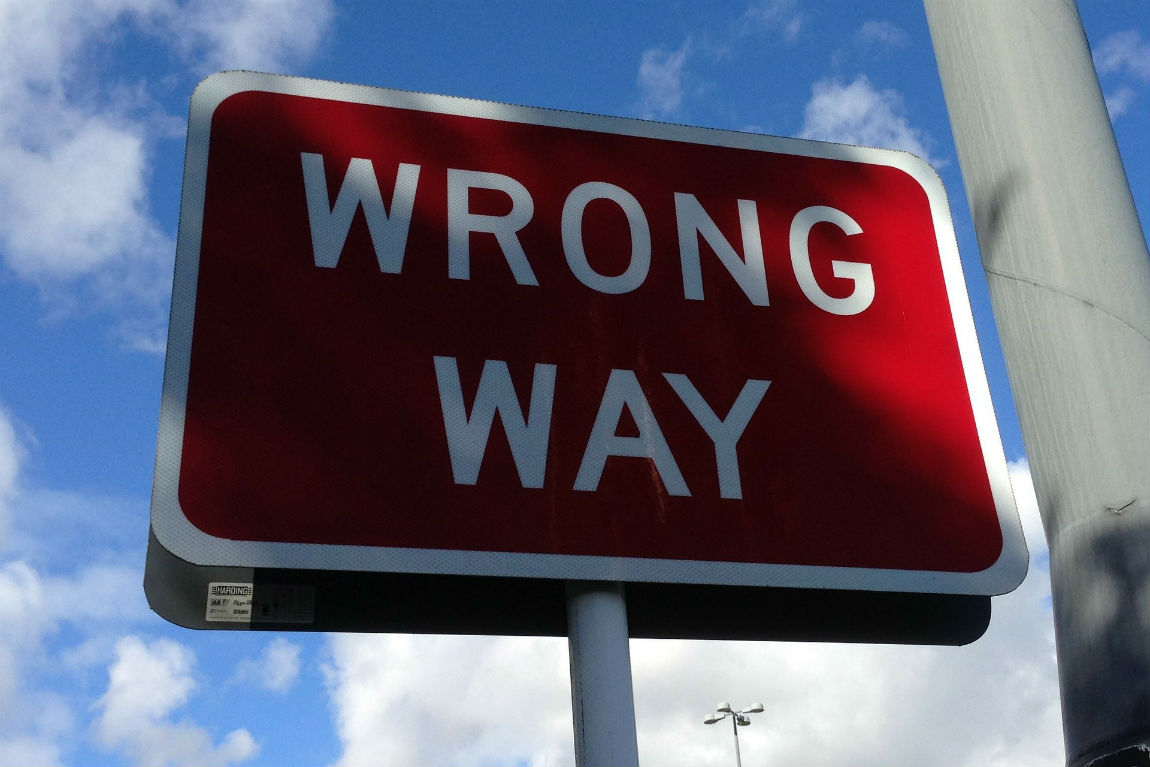What You’re Getting Wrong with B2B Paid Search
by MGB2B

Have your B2B paid search efforts hit a road block? Have your AdWords and Bing Ads campaigns plateaued and you can’t help feeling that something’s wrong? Well maybe there is! Let’s take a look at some common mistakes B2B companies make with their paid search campaigns and how you can fix them.
Ad Schedule – Showing Your Ads at the Right Times
B2B companies, more than B2C companies, should be ultra-aware of when their paid search ads are running. More importantly, you need to be sure it corresponds with when your customers will be searching for what you have to offer. A B2C company that sells, say, men’s clothing can likely see quality return while running ads at all hours of the day. But a B2B company likely only sees relevant traffic for their product during normal business week days and hours, when their customers at other companies are on the job. This will vary depending upon your market, but the idea holds true. Try running long term “Day of the week’ and “Hour of day” dimension reports. What times are you getting the most traffic and the most conversions? Armed with this info, you can adjust your ad schedule to exclude those times you’re not seeing good bang for your buck.
Keywords – Being Specific, Using Long Tail & All Match Types
Your keywords are the foundation of your B2B paid search effort. That means they can make or break your campaigns. Make sure that you’re not only focusing on the core phrases that explain your product, but also on longer, more detailed descriptions that will connect with more serious buyers.
For example, say you sell safety helmets to manufacturing companies. You’ll want to make sure you don’t just focus your keywords on basic terms like “helmet.” The term “helmet” can mean different things to different people, like “bike helmet” or “football helmet,” and can waste a significant amount of your budget on irrelevant clicks. Using more specific, long tail keywords like “yellow work safety helmet” will save you money from those irrelevant clicks and catch the customers more likely to purchase your products. And don’t just rely on broad match keywords, but also work in broad modifier, phrase, and exact match versions of your keywords to increase click through rates and save money.
Ads – Promote What Makes You Unique
The paid search landscape is a competitive place and you want to make sure you’re using your entire tool kit to bring in those coveted leads. This means knowing what sets your B2B company apart from the competition and making sure to promote this in your paid search ads. Does your company offer free shipping? Do you give discounts with bulk orders? Whatever makes your product offering seem more attractive than the other guys’ be sure to mention it in your ad text. AdWords Ad Extensions like Callouts or Sitelinks can be a great place to fit in this promotional copy without using up valuable ad space.
Testing – Finding What Works Best
One of the most common mistakes we B2B paid search advertisers make is setting up our ads and landing pages and then getting too busy with other projects to fully test their effectiveness. But testing is a monumentally important aspect of getting the most out of your efforts. Using a dedicated A/B testing tool is a sure fire way to optimize your paid search campaigns, but can become pricey. At the least you should create multiple versions of all of your ads, test different ad copy and landing pages, run them and see over time which performs better and learn why. You can run different versions of ads simultaneously and AdWords will automatically begin serving those that perform the best based on your ad settings. This can help us learn what about our ads is connecting most with our audience and optimizing our ads for that.
Re-engaging – Following Up After a Lead
Sometimes getting the lead can seem like the most important goal of a B2B paid search campaign. But of equal, if not more, importance is following up with that lead to turn them into a valued customer. Whether this translates into someone at your company manually contacting the lead or utilizing a marketing automation tool to connect with them, re-engaging after the lead is vitally important. Hopefully this re-engagement will turn the lead into a sale, or if you’re lucky, many sales down the road. But, even if it doesn’t end up converting, the process will teach you something about why they didn’t end up buying after all, and you can use this info to further optimize your campaigns in the future.
Tags: b2b paid search, paid search, paid search for b2b brands, paid search mistakes